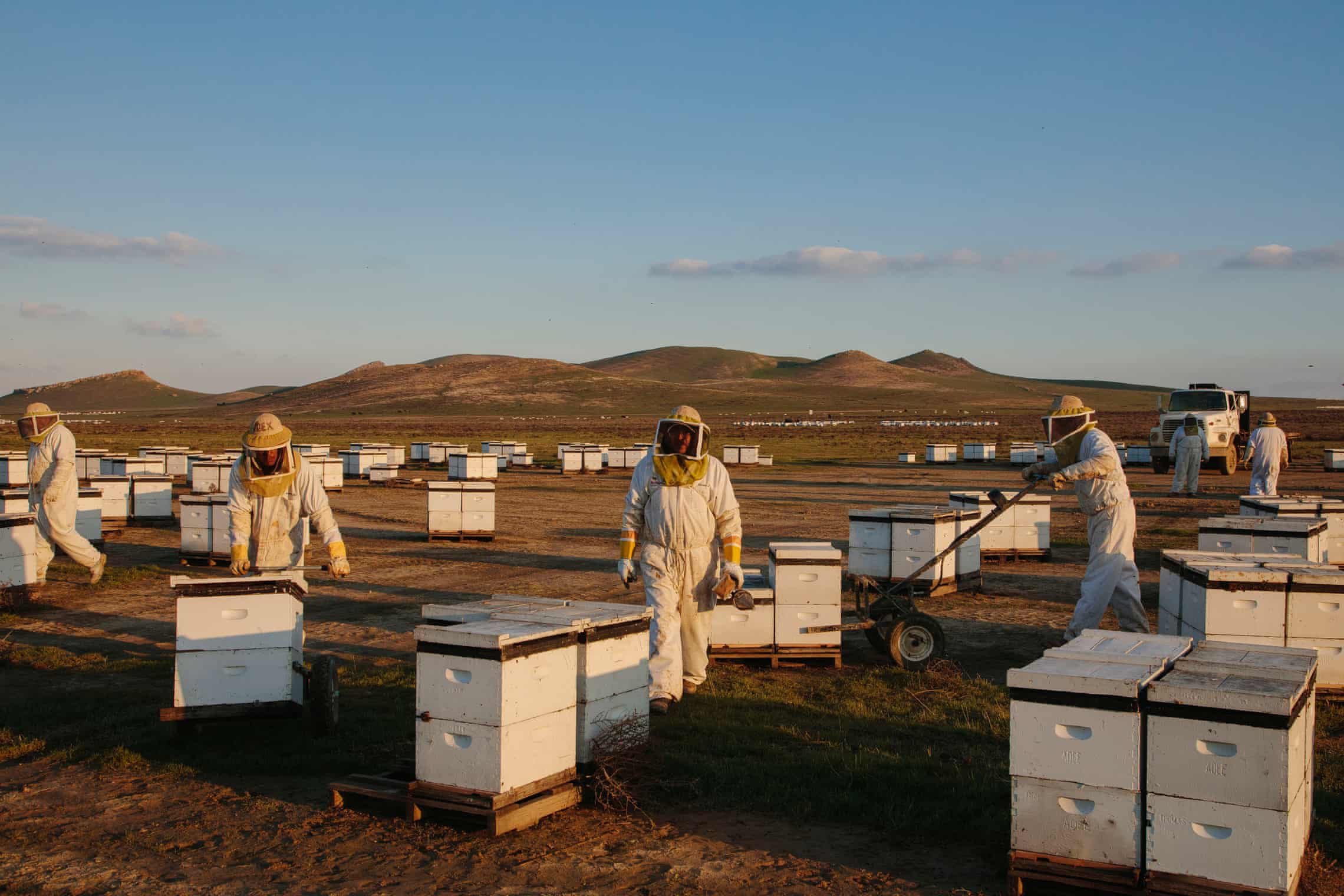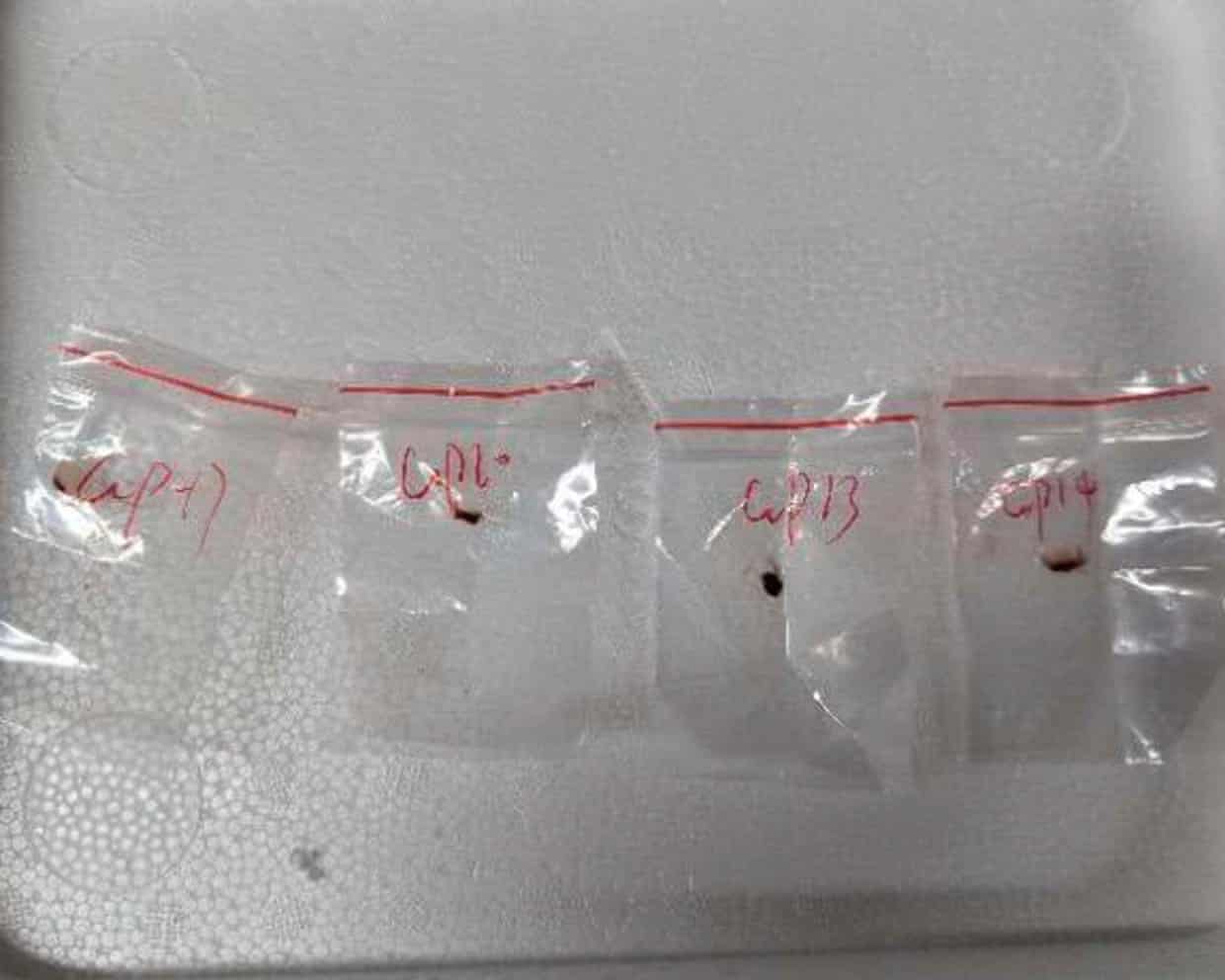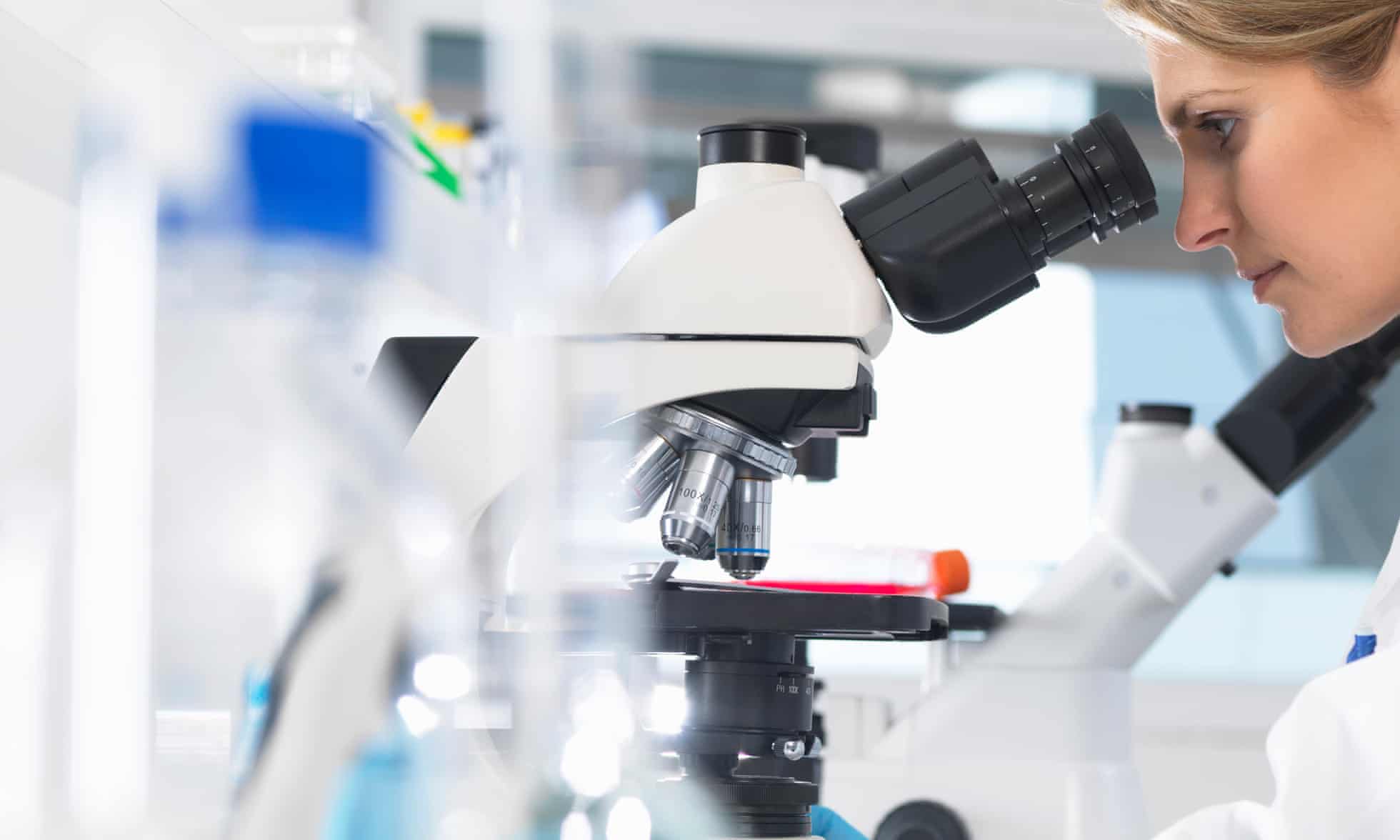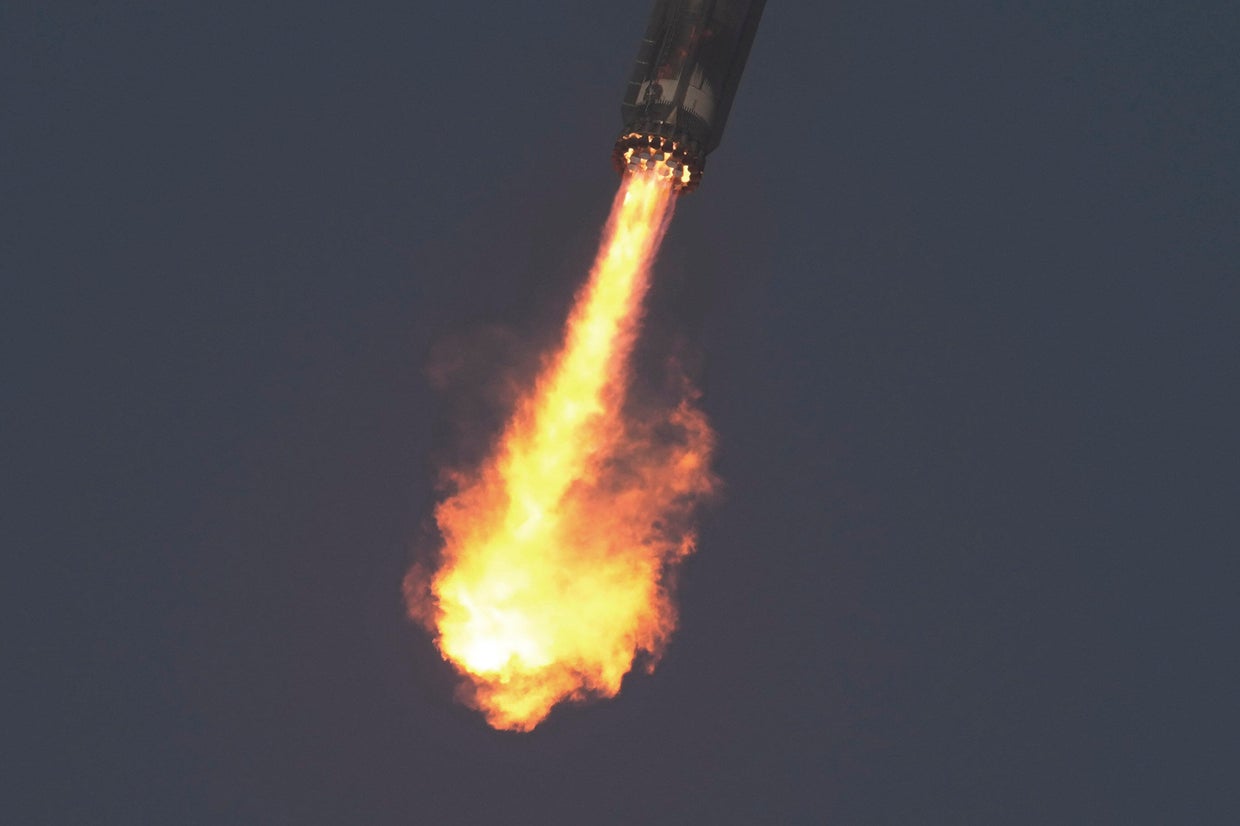 Bret Adee is one of the largest beekeepers in the US, with 2 billion bees across 55,000 hives. The business has been in his family since the 1930s, and sends truckloads of bees across the country from South Dakota, pollinating crops such as almonds, onions, watermelons and cucumbers.
Bret Adee is one of the largest beekeepers in the US, with 2 billion bees across 55,000 hives. The business has been in his family since the 1930s, and sends truckloads of bees across the country from South Dakota, pollinating crops such as almonds, onions, watermelons and cucumbers.
Last December, his bees were wintering in California when the weather turned cold. Bees grouped on top of hives trying to keep warm. “Every time I went out to the beehive there were less and less,” says Adee. “Then a week later, there’d be more dead ones to pick up … every week there is attrition, just continually going down.”
Adee went on to lose 75% of his bees. “It’s almost depressingly sad,” he says. “If we have a similar situation this year – I sure hope we don’t – then we’re in a death spiral.”
It developed into the largest US honeybee die-off on record, with beekeepers losing on average 60% of their colonies, at a cost of $600m (£440m).
Scientists have been scrambling to discover what happened; now the culprits are emerging. A research paper published by the US Department of Agriculture (USDA), though not yet peer-reviewed, has found nearly all colonies had contracted a bee virus spread by parasitic mites that appear to have developed resistance to the main chemicals used to control them.

 Science Glance
Science Glance
 L
L SpaceX launched its huge Starship rocket on the program's eighth test flight Thursday, but a malfunction of some sort triggered multiple upper stage engine shutdowns and the vehicle failed to reach its planned sub-orbital altitude, breaking apart in a spectacular shower of debris.
SpaceX launched its huge Starship rocket on the program's eighth test flight Thursday, but a malfunction of some sort triggered multiple upper stage engine shutdowns and the vehicle failed to reach its planned sub-orbital altitude, breaking apart in a spectacular shower of debris.
 Scientists in Bolivia are hoping to track glacial changes at lightning speed.
Scientists in Bolivia are hoping to track glacial changes at lightning speed.































